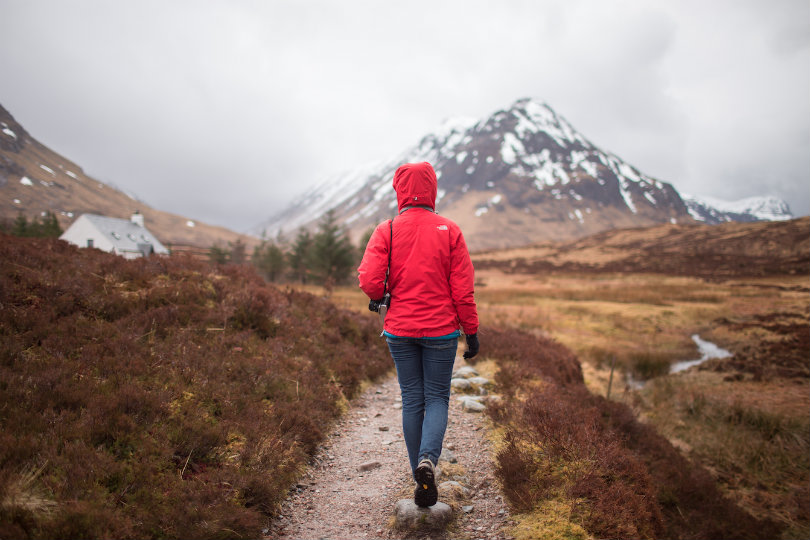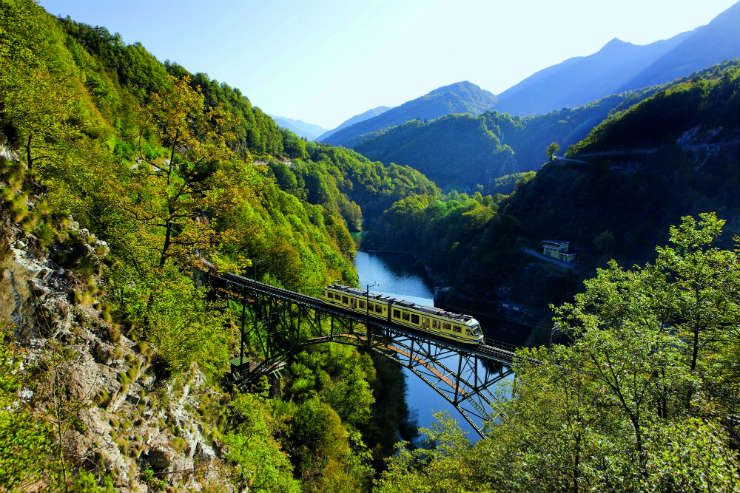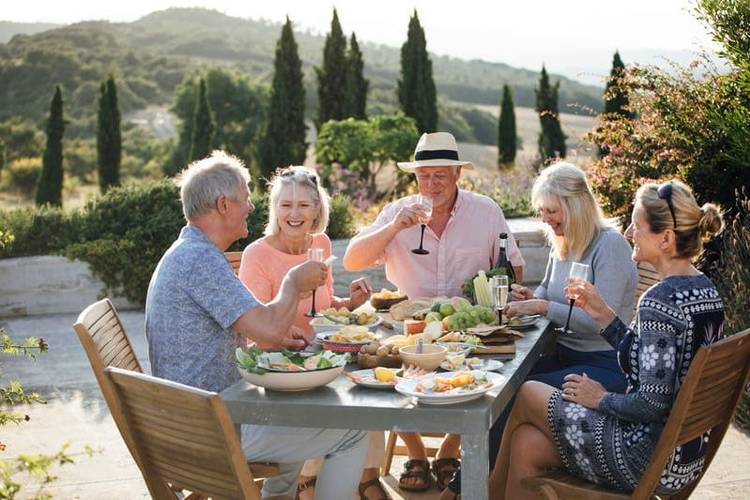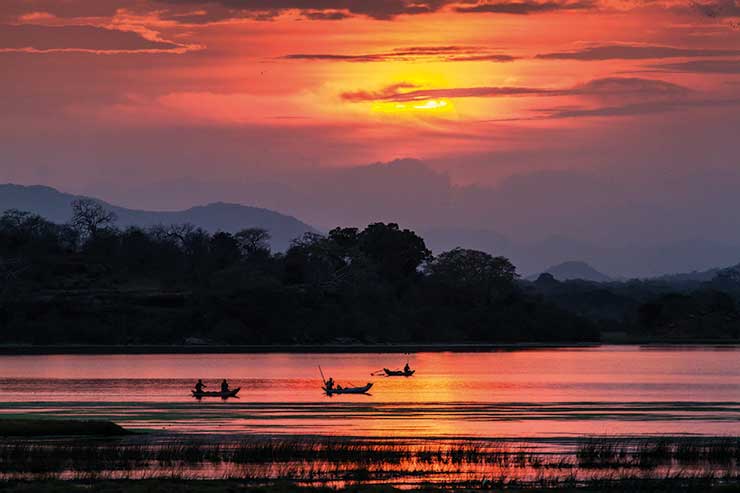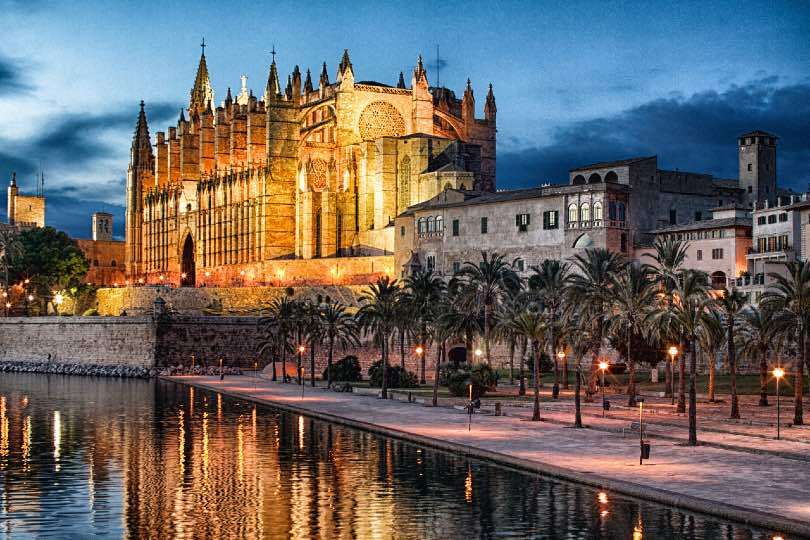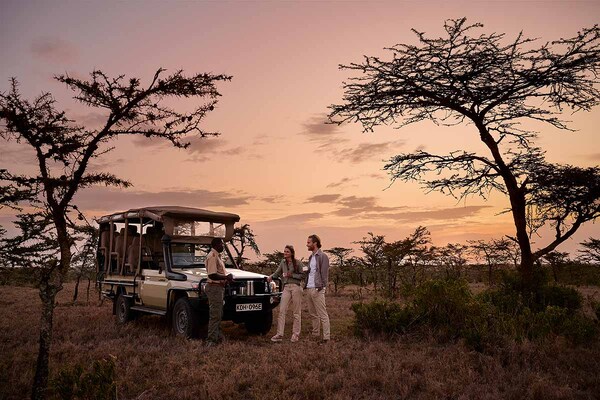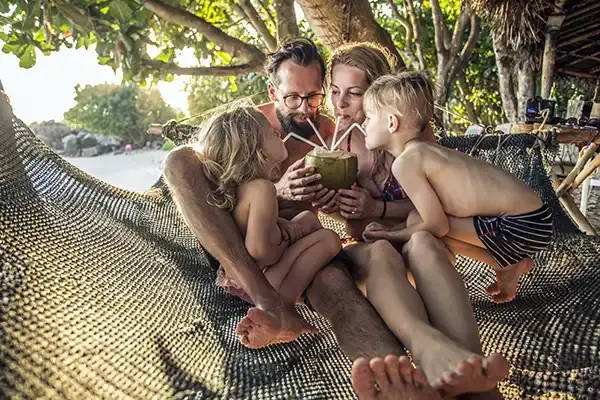How the responsible travel movement will define the 2020s
 Justin Francis
Justin FrancisThe coming decade will be tourism’s most important writes Responsible Travel founder and chief executive Justin Francis.
Responsible travel has now worked its way into popular consciousness, but the industry has yet to face deep scrutiny on its contribution to global heating and environmental degradation.
This decade, that will change. Tourism must embark on a radical programme of carbon reduction, tackle biodiversity loss and the global scourge of plastic waste.
It’s a monumental challenge. But solutions and opportunities abound. So what might the 2020s bring?
Hotel chains will double down on carbon reduction
This decade saw the rise of eco-retreats; the 2020s will see big chains take greening seriously by minimising waste and maximizing renewables.
Watch out for: growing demand for sustainable package holidays.
We’ll embrace tourism tax
This decade, "temporary resident’ levies" – small taxes to improve tourism for both local communities and tourists themselves – will become the norm. We’ll also see off-season, "alternative" destinations incentivised – responsibly, I hope – to tackle overtourism.
Watch out for: a Scottish Highlands tourism tax, the council there has gone some way, and expect the Lake District to follow suit.
Rail will become the standard
Operators will seize on the ever-increasing consumer demand for flight-free rail breaks and make the option easier by offering ticket booking services.
Watch out for: a rise in classic rail tours.
We’ll get back to nature
The mental and physical benefits of time spent in nature are well documented. And tourism can play a vital role in conservation. Rewilding and bio-positive tourism will soar this decade as we seek to unplug, reconnect with the natural world, and do some good. We’ll also become savvier about tourism as a protective agent against forest and marine destruction.
Watch out for: family-friendly conservation breaks.
Sustainability and growth consciously uncouple
We’ll confront "sustainable travel" as the oxymoron it can be. No matter how "sustainably" you manage tourism, there comes a point when impact on residents – and the tourist experience – becomes negative. And until we achieve clean aviation, we can’t pursue unlimited growth and attain the carbon reductions we need: offsets aren’t a solution.
We’ll seek out ethical cuisine
Locally-sourced, "pro-nature" fine dining and cooking holidays will reign. Waste will become an expletive. Companies will have to meet a growing demand for low-meat, low-mile and low-waste food experiences.
Watch out for: Venues with their own vegetable gardens, and those in developing nations supporting local farmers with micro loans and training.
Aviation begins to pay its way
The "polluter pays" principle will be applied. Aviation fuel will be taxed, and Air Passenger Duty should rise with the revenue ring-fenced for research into, and development of, clean aviation technology.
We’ll slow everything down
We all need to take fewer flights. Expect a return to the bygone days of one long annual holiday, punctuated by shorter trips closer to home – or breaks reached by lower carbon transport options.
Watch out for: pilgrimage experiences; small-ship cruises and classic rail tours; and "untapped’ destinations.
We’ll seek deeper connections from travel
We’re more connected than ever, yet increasingly isolated. We’ll see more people seeking authentic connections from their travels: small group and locally run escapes will enable us to make new friends the old way.
Watch out for: a rise in "no single supplement" small group trips and locally run, community-focused escapes.
Finally, we’ll ditch the eco 'trends'
In the coming decade, tourism has to embrace radical carbon reduction. Our language needs to reflect – and inspire – the change we need: sustainability isn’t a fad.
Justin Francis (@justinmfrancis) is co-founder and chief executive of Responsible Travel.
Sign up for weekday travel news and analysis straight to your inbox

Justin Francis
Supplier Directory
Find contacts for 260+ travel suppliers. Type name, company or destination.


